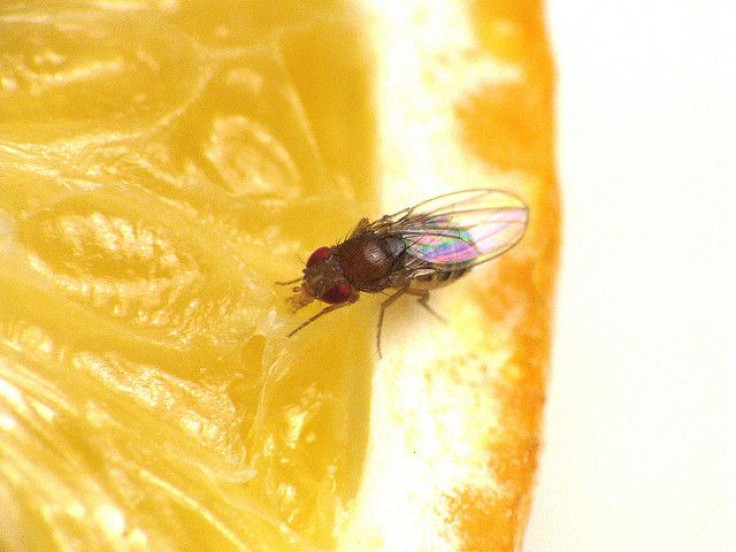Low-Calorie Intake May Have a Beneficial Effect for Sufferers of Motor Disorders

With the use of fruit flies, groundbreaking research may lead to new information about the beneficial effects of eating less for those who are suffering from neuromuscular disorders.
Benjamin Eaton, PhD, assistant professor of physiology in the School of Medicine at the UT Health Science Center in San Antonio, Texas, is pioneering a research method using the brain chemistry of genetically modified fruit flies, to mirror conditions such as Parkinson's disease and myasthenia gravis. These insights can lead help researchers understand how one’s diet can have a positive effect on those suffering from neuromuscular disorders.
Along with co-lead author Joel Rawson, PhD, Eaton monitored flies on a low-calorie diet to assess the effects of consuming less calories on life span and motor behavior as well as on neurotransmission, which is known to be responsible for the neurological disorders in humans.
Researchers engineered a single pair of motor neurons to develop a neurodegenerative disease, which would lead to a decrease in the flies' ability to extend the proboscis—what they use to gather food. Following that the team separated the head to locate the appropriate muscles on the proboscis and calculated the neurotransmitter activity occurring which continues to take place after death.
The results demonstrated flies on a low-calories diet displayed a 100 percent increase when it comes to the release in brain chemicals, such as neurotransmitters, from neurons. These specific chemicals transport signals through gaps called synapses. Synapses are responsible for the structure required for normal brain function, and neurological disorders can lead to permanent damage.
According to Eaton these synapses are formed on muscle, and transmit nerve impulses from the brain to muscles causing movement. Once the neuromuscular junctions deteriorate there is a reduced release of neurotransmitter, which ultimately leads to a reduction in muscle activity. By restricting the diet of fruit flies, researchers were able to overcome the obstacle of reduced proboscis extension by increasing the release of neurotransmitters.
These results proposes that consuming a low-calorie diet could be an important therapy for improving muscle function in patients suffering from Parkinson's disease or other neuromuscular disorders.
Following this study Eaton’s next step is to define the proteins in the neurons that are being altered by diet restriction.
The study was published in the Aging Cell.



























